
You've probably heard about fixed deposit accounts and how they can help your money grow over time through interest. But what exactly is a fixed deposit account, and how does it work?
Fixed deposit accounts are very low risk since your money is guaranteed by the bank, but the returns are often lower than the stock market. If you want a safe place to grow your savings with a fixed, predictable return, a fixed deposit account could be a great option.
In this article, we will go through everything you need to know about fixed deposit account in Nigeria.
What Is a Fixed Deposit Account?
A fixed deposit account is a type of savings account that has a fixed term and interest rate. You deposit money for a fixed period, like 30 days to 1 year, and earn interest at a fixed rate. This investment opportunity is available at all Nigerian banks; however, the rates offered by each bank differ.
Most Nigerian banks offer fixed deposit rates ranging from 7% to 12%, depending on the amount of money deposited. Fixed deposits are ideal if you have money you won't need for a while and want to earn higher interest than a regular savings account. Fixed deposits also offer stable returns without risks like stocks.
Banks allow you to choose between monthly, quarterly, or annual interest payouts. The interest is either added to the fixed deposit amount or paid out to your bank account. Either way, your money keeps growing at the fixed interest rate you locked in.
How Does a Fixed Deposit Account Work?
A fixed deposit account is a savings account with a fixed and predetermined interest rate. Your money is locked in for a set period of time, anywhere from a month to several years. The longer the term, the higher the interest rate.
How does it work?
You open an account with a bank and deposit money for a fixed term, maybe 30 days - 1 year.
The bank will pay you interest on your deposit at a fixed rate for that period. Longer terms usually mean higher rates. e.g., 5% per year
You can't withdraw money from the account before the term ends without penalties. The money is "fixed" for the agreed period. Note that your money is very safe since the interest rate and amount are guaranteed.
At the end of the term, you can withdraw your money with the interest earned. Or you can "roll over" the deposit for another term at the current interest rate.
A fixed deposit account is a safe and stable way to earn interest on your savings over time. The fixed, predetermined interest rate lets you know exactly how much you'll earn at the end of the term. For the best rates, compare accounts at different banks and credit unions. A fixed deposit account could be a smart way to save for the future!
Features of a Typical Fixed Deposit Investment in Nigeria
When you open a fixed deposit account in Nigeria, there are certain features you can expect.
Interest Rates
Fixed deposits offer higher interest rates than regular savings accounts. The rates are fixed for the term of your deposit, so you know exactly how much you'll earn at the end. Interest is compounded annually, biannually or quarterly.
Tenure
You choose the tenure, or term, of your fixed deposit, typically from 30 days up to 1 year. The longer the tenure, the higher the interest rate. At the end of the term, you can withdraw your money or renew the deposit for a new term.
Premature Withdrawal
While you can withdraw money from your fixed deposit account prematurely, before the end of the term, there are usually penalties involved, like losing a portion of the interest earned. Only withdraw money early in case of an emergency.
Loan Facility
Most banks allow you to take a loan against your fixed deposit. The loan amount depends on a percentage of your deposit amount. Interest is charged on the loan, but your deposit continues earning interest.
Nomination
You can nominate a beneficiary to receive the fixed deposit amount in case of your demise. Make sure you provide the necessary details and signatures as per the bank's rules.
Renewal
You must provide instructions to your bank on whether you want to renew the fixed deposit for a new term or withdraw the amount at maturity. If renewal instructions are not provided, the bank may renew the deposit for the same term at the prevailing interest rate.
What Are the Benefits of Opening a Fixed Deposit Account?
When you open a fixed deposit account, you get several benefits. Here are some main benefits of having a fixed deposit account:
Interest Rate
Fixed deposits offer higher interest rates than regular savings accounts. The rate is fixed for the term of the deposit, so you are guaranteed that interest rate, even if market rates drop.
Low Risk
Your principal amount is very safe in a fixed deposit. There is virtually no risk of loss or depreciation in value. This makes fixed deposits ideal for risk-averse investors looking for safe investment options.
Liquidity
Although your money is locked in for a fixed term, most banks allow partial or premature withdrawals. You can access your money in case of emergencies, although some penalties may apply.
Taxation
Withholding tax (WHT), which is normally deducted from interest earned, must be deducted from the depositor's interest. The depositor's interest is subject to a 10% withholding tax.
Flexible Tenors
Fixed deposits offer varying tenor periods ranging from 30 days to 1 year. You can choose a tenor that matches your investment objectives. Shorter tenors of 1-6 months are good for temporary investment, while longer tenors are ideal for long-term investment.
Loan Against Deposits
You can take a loan against your fixed deposit and use it to meet any temporary fund requirements. The interest rate on the loan is lower than a personal loan.
Renewal Facility
Fixed deposits have an auto-renewal facility. At maturity, the deposit is automatically renewed for the same tenor at the prevailing interest rate unless you specify otherwise. This ensures your money remains invested without any action from your end.
What Are the Risks Associated With Fixed Deposit Accounts?
While fixed deposit accounts offer stable returns, there are some risks to be aware of:
Interest Rate Risk
Interest rates may increase after you open a fixed deposit, and you'll be locked in at the lower rate. Your money may earn a lower return compared to other options. Check the penalty for early withdrawal in case rates rise significantly.
Inflation Risk
Inflation reduces the purchasing power of your money over time. If inflation outpaces the interest rate earned on your fixed deposit, the real value of your money decreases. Make sure the post-inflation return still meets your needs.
Liquidity Risk
Your money is locked in for the fixed term, typically 1 month to 1 year. You may face penalties if you withdraw money early. Make sure you have enough liquid funds elsewhere in case of emergencies before committing money to a fixed deposit.
Default Risk
While rare, there is a small chance the issuing bank could default on the deposit. Fixed deposits are not insured for the full amount. Do research on the bank's financial stability and consider diversifying your funds across banks.
Opportunity Cost
Your money is tied up in the fixed deposit and not accessible for other opportunities that could potentially earn a higher return. Weigh the pros and cons of a fixed deposit versus other investment options based on your financial goals.
In summary, pay attention to interest rate changes, keep inflation in mind, ensure enough liquidity, consider bank stability, and compare to other options. With prudent decision-making, fixed deposits can play a role in a balanced financial plan.
Who Should Consider Opening a Fixed Deposit Account?
Fixed deposit accounts are ideal for certain types of investors. Here are five types of people who should consider opening a fixed deposit account:
Retirees
Retirees typically have lower risk tolerance and want guaranteed returns. The fixed interest rates offered by fixed deposits provide steady income during retirement.
Conservative investors
Those with a low-risk appetite prefer the safety of fixed deposits. Your initial investment amount is secure, and the returns are guaranteed.
Salaried individuals
For those with a stable income, fixed deposits are a great way to put your money to work with no risk to your principal amount. The interest earned can provide extra income.
Students/children
Fixed deposits are a simple way for students and children to learn about saving and investing money for the future. The account can be opened with a guardian and provides a good return at a low risk.
People with Short-term financial goals
If you have short-term financial goals like saving for a vacation or down payment on a home, fixed deposits provide a place to stash your cash and earn interest with no chance of loss in the principal amount. Your money is available when you need it for these important life goals.
In summary, fixed deposit accounts suit those looking for a low-risk way to invest their money for guaranteed returns over a fixed time period. Whether you're young or old, conservative or risk-averse, fixed deposits can meet a variety of financial needs.
Documents Required To Open A Fixed Deposit Account in Nigeria
To open a fixed deposit account, you will need to provide certain documents for verification and processing. Here are the key documents needed:
A completed fixed-term deposit application, which the bank will provide
A government-issued ID proof like a voter's card, Driver's License, National ID, or passport. This establishes your identity.
Address proof, like utility bills that are not older than three months, to confirm your current address.
Fixed deposit investment requires a minimum opening balance of N100,000.
Two recent passport photographs.
With these documents in place, you can open a fixed deposit account, deposit your funds, and start earning attractive interest rates. Do check with your bank for any additional documents they may require.
How Much Can You Earn From a Fixed Deposit in Nigeria
When you open a fixed deposit account, the interest you can earn will depend on several factors. Here's how it works:
The higher the interest rate, the more you'll earn. Interest rates vary based on the bank and current market rates. Shop around at different banks to find the best rates. Typically, interest rates are higher for longer deposit terms.
The more money you deposit, the higher your interest earnings will be. For example, a ₦500,000 deposit at 10% interest will earn you ₦50,000 in interest over 12 months. A ₦2 million deposit at the same rate will earn you ₦200,000. So deposit as much as you can to maximize your earnings. Choose a term that balances your need to access funds while earning the most interest.
Interest can be compounded monthly, quarterly, or annually. The more frequently it's compounded, the higher your total interest earnings will be. For example, 10% annual interest compounded monthly will yield higher returns than 10% interest compounded annually. Ask about the bank's compounding frequency to maximize your earnings.
By choosing the right combination of these factors, you can earn attractive returns from a fixed deposit account in Nigeria. Do your research and consider your needs to find an account that generates the most interest for you.
Frequently Asked Questions about Fixed Deposit Account
Here are some of the most asked questions about fixed deposit account and their answers.
Do I need a bank account to open an FD?
For most Nigerian Banks, you need to have a current bank account to open a Fixed Deposit. In a few cases, you can open a Fixed Deposit account as a standalone account. However, having an existing account does make it more convenient to transfer funds to and from your Fixed Deposit.
Can I withdraw money from my Fixed Deposit account before maturity?
Yes, most banks allow premature withdrawals from FDs, but there will likely be penalties involved. Typically, banks will deduct a percentage of the interest accrued on your deposit amount. The exact penalty will depend on your bank's policy and the remaining term of your FD. It's best to check with your bank for the specific charges before opening the Fixed Deposit Account.
What happens if I don't withdraw the amount after maturity?
If you don't withdraw your FD amount after maturity, most banks will automatically renew your FD for the same term as before at the prevailing interest rates. However, the interest rate may differ from your previous FD rate. You can, of course, withdraw your deposit amount during the renewal term if you wish to, but the same premature withdrawal penalties may apply. It's best to provide renewal instructions to your bank well before your FD matures.
Can I take a loan against my Fixed Deposit?
Yes, most banks allow you to take a loan against your Fixed Deposit Account. This is known as a Fixed Deposit-backed loan. The loan amount depends on a percentage of your FD amount, usually 60-90%. The interest charged on the loan is typically 1-2% above the FD interest rate. If you fail to repay the loan, the bank can liquidate your FD to recover the amount. FD-backed loans can be a good option if you need money in an emergency but don't want to withdraw from your Fixed Deposit Account.
Conclusion
Now that you understand how a Fixed Deposit account works, you can open one and start earning interest on your savings. While the returns may be modest, it's a safe and stable way to make your money work for you without much risk. Every little bit adds up over time through the power of compounding.
Even if interest rates are low at the moment, locking in a fixed rate guarantees you a set return, which provides peace of mind in an uncertain world. Fixed deposits are one of the simplest and safest investment options. Give it a shot if you have some cash set aside for the future. Your money will be in good hands and work for you.

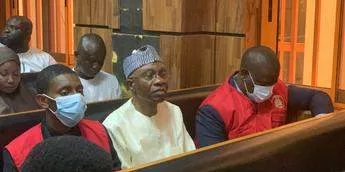
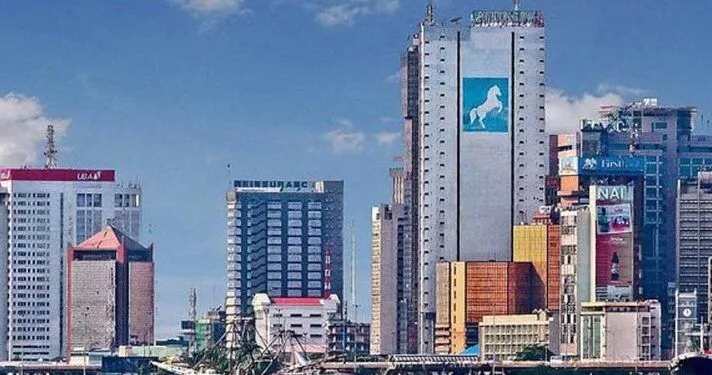
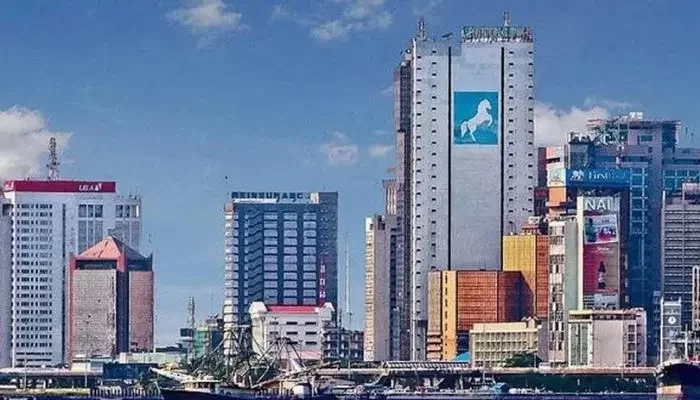
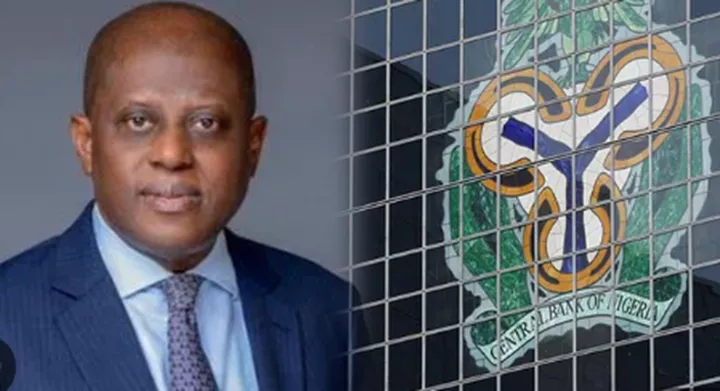
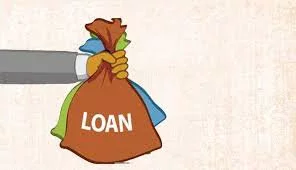
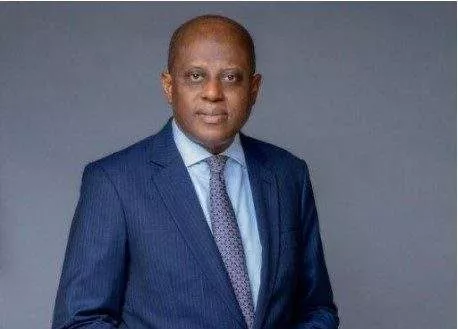



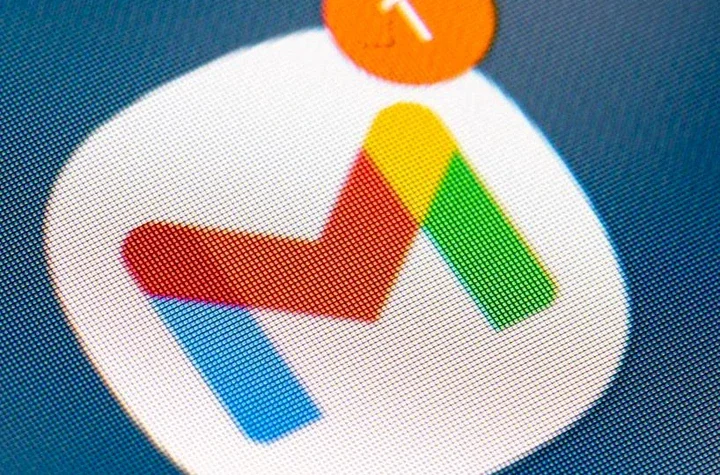

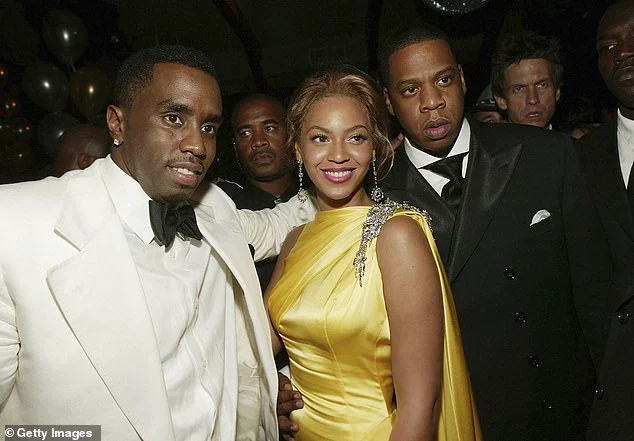

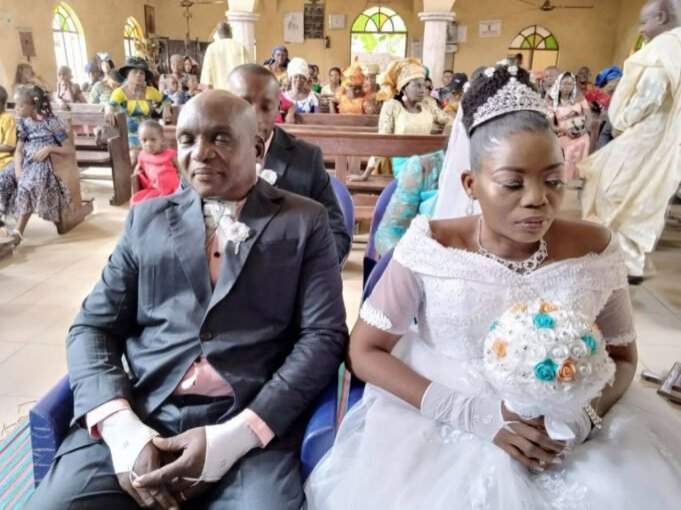

Comments